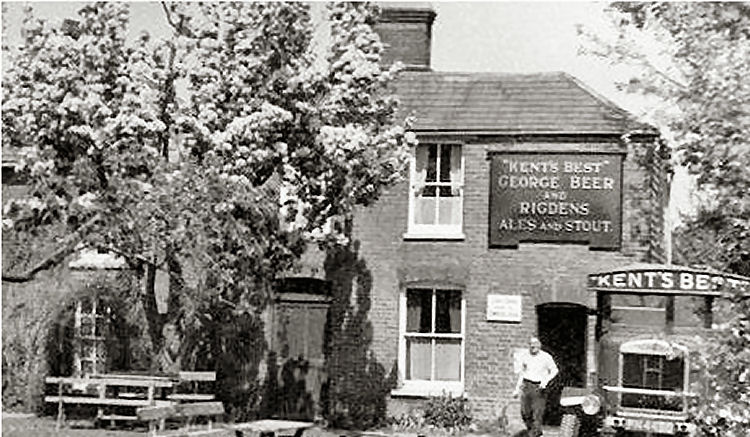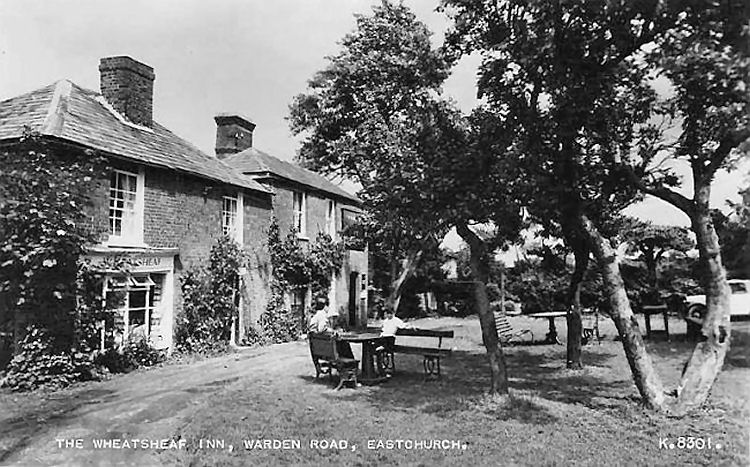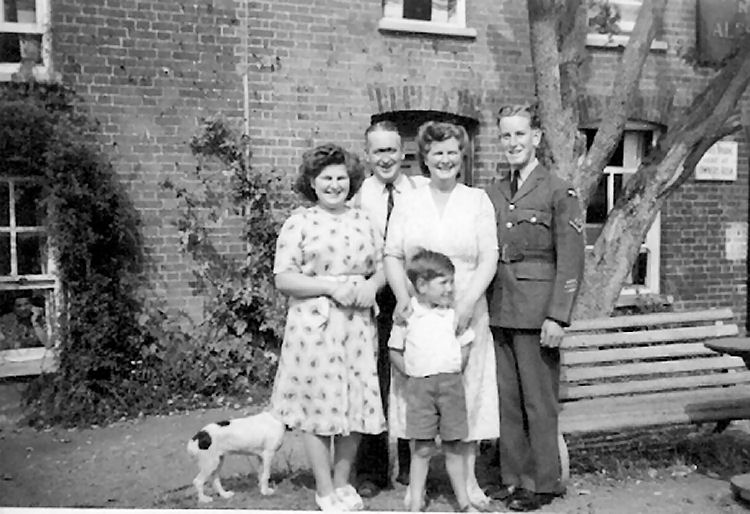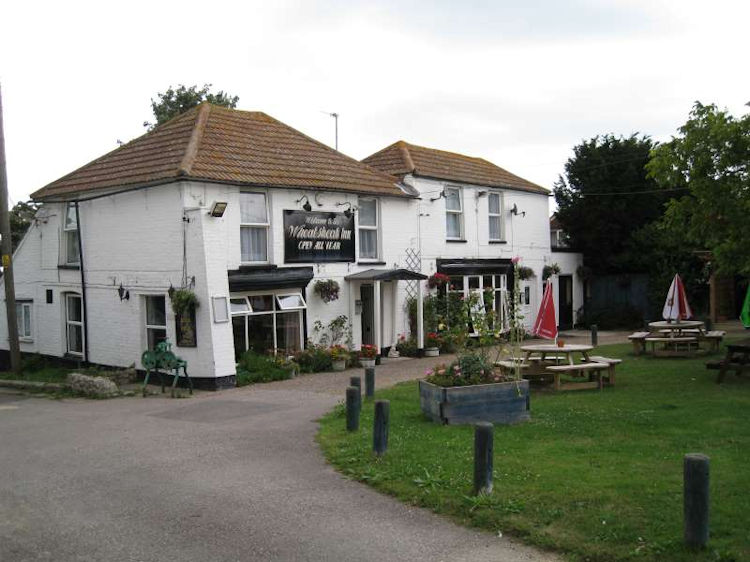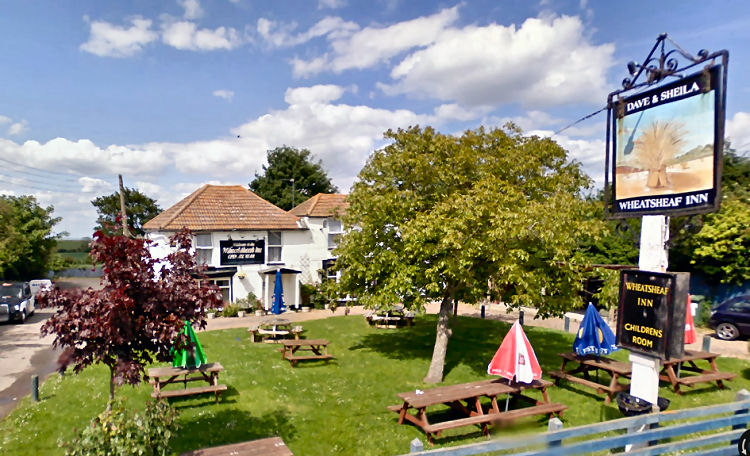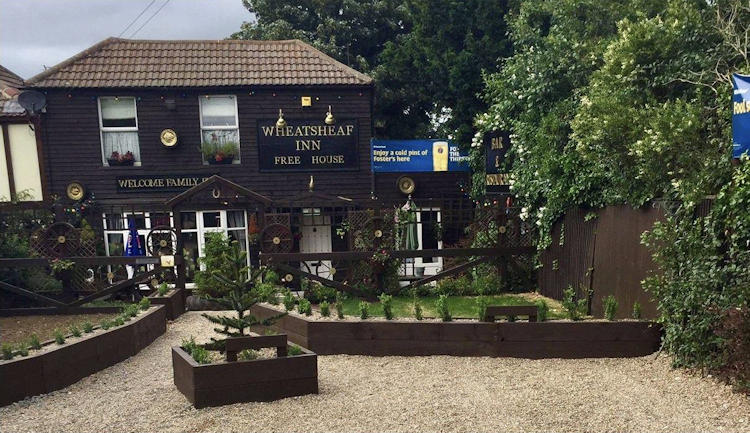|
Sheerness Guardian, 22 September, 1860.
SITTINGBOURNE PETTY SESSIONS.
Monday, before E. Twopenny, (chairman), J. D. Dyke, Sir T. M. Tylden
and the Rev. G. B. Moore.
General Licensing Day.
Mr. M. Stephenson made application for a licence for Mr. Hughes of
the "Wheat Sheaf." Mr. Wightwick opposed Application refused.
|
|
Kentish Gazette, 21 March 1876.
NISI PRIUS COURT - MONDAY
ASSAULT BY A FARMER AT EASTCHURCH.
HOLDEN & WIFE v. KING.
This was an action for damages for injuries sustained by the
plaintiff and his wife, in assaults upon them by the defendant, who
pleaded "not guilty," and also that he had been summoned, fined and
imprisoned for the assault in question. Mr. Gates, Q.C., with
Mr. Glyn were for the plaintiff, and Mr. Winch for the defendant.
Mr. Gates, in opening the case, said the plaintiff and his wife were
labouring people, and the defendant was a small farmer; and the
action was for damages inflicted by King upon Holden and his wife,
on the 10th July last. On that day plaintiff and his wife were in a
public-house called the "Wheatsheaf Inn," at Eastchurch. The
plaintiff was in the tap-room, while his wife went into the bar to
sell some vegetables. The defendant was standing in the bar, and when
he saw Mrs. Holden, he took a lettuce from her basket, pulled it to
pieces and either threw it into her face or upon the floor. He did
the same with a second lettuce, and the woman's husband then came
forward and asked King what he was about. The defendant said, "What,
do these belong to you? and his reply was "Yes."
In reply King struck Holden under the chin, and then felled him to
the ground with a blow on the head, rendering him senseless. Mrs.
Holden interfered in her husband's behalf, when without any
provocation being given, defendant struck her a second blow, the
effect of which was to break her jaw. A short time after that
defendant was summoned before the magistrates for a common assault;
and the matter having been investigated, he was fined 40s, for
assaulting the man, and £5 for striking the woman, the justices
indicting also in the latter case, a sentence of two weeks' hard
labour. But the injuries inflicted upon the plaintiff's especially
upon the woman, were a great deal more severe than could arise from
any common assault, and the action was therefore taken to recover
damages, to meet the expenses connected with the illness, and also
for loss of service. The woman formerly kept her husband's house and
also contributed by her daily earnings to the support of the family,
but in consequence of this occurrence she was unable to do her usual
work for 7 weeks; it was necessary to obtain her additional
nourishment and a woman was employed to do the household work.
Mr. Winch said the facts related by his friends were exactly the
same as were stated before the magistrates, and he admitted that the
plaintiffs were proceeding in a casein which they had already taken
criminal proceedings; although by those proceedings the defendant
had been released from any further action that might be taken either
in a civil or criminal court.
Mr. Gates contended that the fact of the magistrates having
adjudicated in the case of the common assault did not prevent them
proceeding for unlawful wounding. They were not to be stopped
proceeding civilly because they have vindicated the law to the
extent of a common assault.
In the result the case was allowed to go to the jury, who after a
short consultation, returned a verdict for the plaintiff, assessing
the damages at ten guineas for the injuries sustained by the woman,
and five guineas to the man for the loss of his wife's services.
The learned Judge remarked that notwithstanding the verdict of the
jury, he was of opinion that he must give judgement for the
defendant. He considered that the case as now stated was for the
same as that tried before the magistrates. He thought the proper
wayto deal with the case would be to give judgement for the
defendant, with leave to move to enter for the plaintiff for the
sums of ten and five guineas, or for either of those amounts.
|
